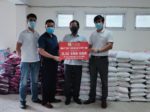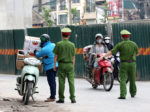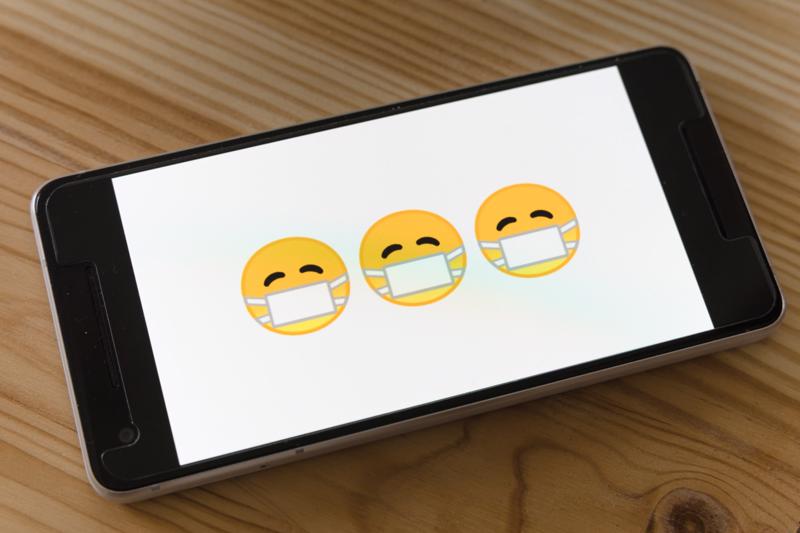Breakthrough progress in the application of artificial intelligence (AI) to detect Covid-19 from the way people cough could pave the way for new generations of health diagnostic applications…
Illustration
Research by computer scientists at RMIT University (Australia) recently revealed an artificial intelligence (AI) model that can hear a person infected with Covid through the sound of a cough, even if the person without any symptoms.
The study’s lead author Dr. Hao Xue said that if the team’s algorithm further developed, it could create a foundation for building a health diagnostic application on the phone.
“We overcame a huge hurdle in developing a reliable, accessible and contactless preliminary Covid-19 diagnostic tool,” said Dr. Xue, PhD student in the Department of Computer Technology of RMIT University.
This could have a significant impact on slowing the rate at which the virus spreads from people without obvious symptoms. “A phone app can give you peace of mind when there’s an outbreak in your community or tell you to get tested for Covid – this is the kind of radical tool we need to better deal with the pandemic.” Dr. Xue said, adding that the tool could also make a significant difference in areas where medical supplies, testing professionals and personal protective equipment are limited.
The method the team developed could also extend to other respiratory diseases. “With just a little tweaking and the right data we can use this tool to test for tuberculosis or other respiratory diseases, or even design it to detect or establish a multi-disease classification system. together,” said Dr. Xue.
SUPERIOR PROGRESS IN AI TRAINING
This is not the first Covid-related cough classification algorithm developed, but RMIT’s model is better than existing approaches and has an important advantage that makes the technology more practical when used in different regions that’s how it learns.
Co-author researcher – Professor Flora Salim said trials developing the technology at the Massachusetts Institute of Technology (MIT) or the University of Cambridge relied on extremely large volumes of data, labeled and meticulously to train AI systems.
“Breathing recording requires specialized knowledge from an expert, which makes the technology expensive and time consuming, but also requires handling sensitive medical information. Using a detailed set of data, such as cough samples from a hospital or an area, to train an algorithm also limits what the AI can represent outside of that dataset,” she said.
Professor Salim said this limitation is the challenge so far for the practical applicability of the technology in the real world.
“The most exciting thing about our work was that the team had to overcome this problem by developing a method to train the algorithm using unlabeled cough data,” she said. “This dataset can be collected fairly easily and on a large scale from different countries, gender and age groups.”
During the pandemic, multiple crowdsourcing channels have been designed to collect respiratory audio recordings from both healthy populations as well as Covid-19 positive individuals for research purposes.
The team accessed datasets from two of these channels, the Covid 19 Sounds App and COSWARA, to train the algorithm to use opposing self-monitoring learning, whereby the system would work independently to decipher what makes two things similar or different.
Currently, the research team is ready to cooperate with potential partners in developing the technology and expanding the application of this technology to a wide range of diagnostic tools for respiratory diseases.
The study “Understanding a representative subset of self-monitoring learners to classify coughs caused by Covid-19” was presented at the prestigious data science conference KDD 2021 in Singapore in August 2021. The research was supported by the Discovery Project DP190101485, Australian Research Council.
In Vietnam, the application of Artificial Intelligence to help diagnose Covid-19 through cough is also the goal that a community project in Vietnam – AICovidVN is researching and developing.
If this idea is successful, this will be a low-cost Covid-19 screening solution that can be quickly deployed on a large scale to reduce the pressure on today’s mass testing operations.
Source: vneconomy.vn



















